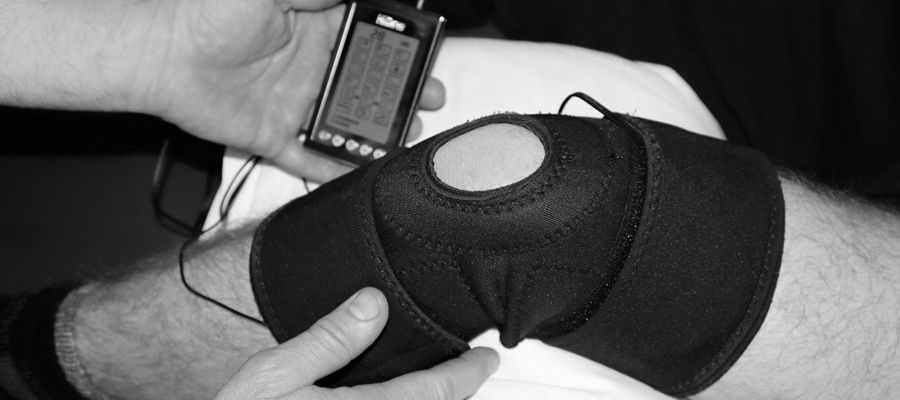What Should I Do After an Accident?

You are driving through an Albertan city or town, relaxed but attentive, but something happens, and you are in a collision with another vehicle. What do you do next? Let us guide you through the steps to take.
Should I Admit I Am At Fault?
Do not voluntarily assume liability or take responsibility for the collision. Many factors are involved in deciding who is at fault with auto collisions, so avoid admitting guilt. Also, do not pay or promise payment to the other driver for their damages. If the other driver recognizes they are at fault and offers money to cover your damages, refuse it. Most people do not understand how expensive repairs at a body shop can be. Whatever you are being offered is probably not enough.
Do I Need to Provide my Identification To the Other Driver?
Contact and insurance information should always be exchanged with other parties involved. Take a photo of their driver’s licence and insurance slip for easy reference. If the other party refuses to provide their information, take a picture of their licence plate and record their vehicle’s make and model if they leave the scene.
How Do I Document What Happened?
After exchanging licence and insurance information, take photos of the accident scene, including images of any damage to all vehicles, the location of the vehicles in relation to one another, road signs and traffic signals and any other relevant details. If there was inclement weather at that time, take photos of the surface conditions of the road. You may also want to take notes of what happened while it is still fresh in your mind.
Do Police Need To Be Called?
If you suspect the other driver is impaired by drug or alcohol, call police. They should also be called if the other driver does not have documentation such as a driver’s licence, registration or insurance. If you or another driver is seriously injured, call 911 and ask for an ambulance. Do not move anyone who is suffering, as that may aggravate their injuries.
If the damage is minor, you don’t need to call the police. The police do not have to attend the scene even if one or more vehicles are not drivable or if the total damage to all the vehicles and property appears to be more than $2,000. However, you are legally required to go to a police station and file a collision report. Failure to do so could result in demerit points or a fine. Police do not determine liability. If the police lay charges against the other driver due to the collision, this does not necessarily mean they are liable for the collision.
Do I Need to Call My Insurer?
Advise your insurance company of what has happened as soon as possible with any vehicle accident. Give them details of the collision, including any injuries and damage to vehicles or properties. You could have difficulty processing a claim if you are late contacting your insurer or you withhold any details.
Can You Get the Vehicles Off the Road?
After an accident has happened, do not stand between the two vehicles or behind them to assess the damage, as other motorists could jeopardize your safety. If the vehicles are driveable, move them to the side of the road. If you fail to take steps to protect your vehicle from further damage after the accident, that may limit the compensation provided by your insurance company.
If there is serious injury or you suspect the other driver is impaired, the vehicles need to remain where they are so police can investigate the collision scene.
What If the Vehicles Are Not Drivable?
If your vehicle is not drivable, turn on the hazard lights or use safety cones or flares to warn oncoming drivers. All passengers should get out of the vehicle and walk to a safe place at the side of the road if they are able.
What If the Accident Was Not My Fault?
If the other driver caused the collision, you have two options in Alberta. You may claim under your collision coverage, leaving your company to pay your claim then deal with the other insurance company. This action may cause your premium to rise.
The second option is to make a claim against the other driver through their insurance company. Let your insurance company know you are doing this. The other insurance company may ask you to sign a release form before paying you or the body shop repairing your vehicle. Read the form carefully to make sure it addresses only the claims you have settled.
For example, if you have a claim for personal injuries that have not been finalized, make sure the form does not release liability for these injuries. This is a prime reason to consult a lawyer before signing the form.
AFTER AN ACCIDENT, CONTACT US
A personal injury lawyer can help guide you through your options and help you obtain the compensation you need to help you recover from any injuries. They can also make sure that your insurance company does not attempt to limit the compensation that you are owed. Schedule your Free Consultation by calling 1 (403) 930-8594 or send a message to kantor@kantorllp.ca. We will represent you on a contingency fee basis, so we do not get paid for our time and attention until we settle.
